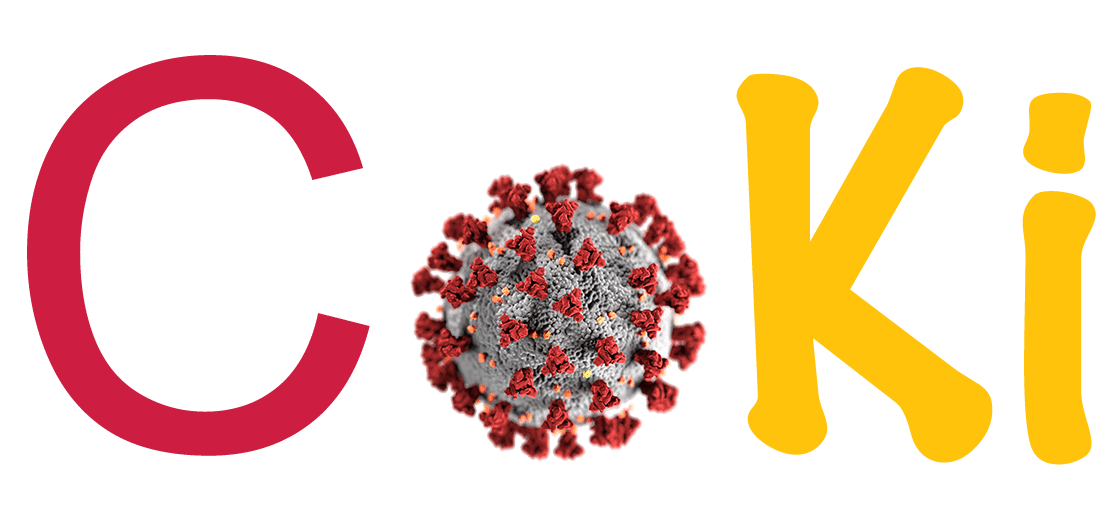

von der DGVU (Deutsche Gesetzliche Unfallversicherung)
Auf dieser Seite haben wir Ihnen Fragen und Antworten zusammengestellt, die in der Praxis regelmäßig vorkommen und übergreifend gelöst werden können. Ergänzende Infos finden Sie auf den länderspezifischen Seiten.
The impact of commonly-worn face masks on physiological parameters and on discomfort during standard work-related physical effort
Dtsch Arztebl Int 2020; 117: 674-5; DOI: 10.3238/arztebl.2020.0674
Georgi, Christian; Haase-Fielitz, Anja; Meretz, Daniel; Gäsert, Linda; Butter, Christian
Data gathered worldwide are increasingly suggesting that schools are not hotspots for coronavirus infections. Despite fears, COVID-19 infections did not surge when schools and day-care centres reopened after pandemic lockdowns eased. And when outbreaks do occur, they mostly result in only a small number of people becoming ill. “There’s no such thing as zero transmission or zero risk,” says paediatrician Fiona Russell. But she adds that the risk of infection at school is low, especially when community transmission is low.
Nature | 5 min read
- Chu DK, Akl EA, Duda S et al. Physical distancing, face masks, and eye protection to prevent person-to-person transmission of SARS-CoV-2 and COVID-19: a systematic review and meta-analysis.
Lancet, Published Online June 1, 2020 https://doi.org/10.1016/ S0140-6736(20)31142-9 - Leung NHL, Chu DKW, Shiu EYC et al. Respiratory virus shedding in exhaled breath and efficacy of face masks. Nature Medicine 2020; 1-20
- World Health Organization (WHO). Non-pharmaceutical public health measures for mitigating the risk an impact of epidemic and pandemic influenza. WHO 2019
- European Centre for Disease Prevention and Control (ECDC). Using face masks in the community (8. April 2020). https://www.ecdc.europa.eu/sites/defa…
- Centers for Disease Control and Prevention (CDC). https://www.cdc.gov/coronavirus/2019-…
- Jefferson T, Jones MA, Al-Ansary L et al. Physical interventions to interrupt or reduce the spread of respiratory viruses. Part 1: Face masks, eye protection and person distancing: systematic review and meta-analysis. https://www.medrxiv.org/content/10.11…
- World Health Organization (WHO). Advice on the use of masks in the context of COVID-19 (5. Juni 2020) https://www.who.int/publications-deta…
- Mitze T, Kosfeld R, Rode J et a. Face masks considerably reduce COVID-19 cases in Germany: a synthetic control method approach. IZA Institute of Labour Economics, IZA DP Nr. 13319, Juni 2020
- Zhang R, Li Y, Zhang AL et al. Identifying airborne transmission as the dominant route for the spread of COVID-19. www.pnas.org/cgi/doi/10.1073/pnas.20096371172
- Eikenberry SE, Mancuso M, Iboi E et al. To mask or not to mask: modelling the potential for face mask use by the general public to curtail the COVID-19 epidemic. Infect Dis Modelling 2020; 9: 293-308
- Chan JFW, Yuan S, Zhang AJ et al. Surgical mask partition reduces the risk of non-contact transmission in a golden Syrian hamster model for Coronavirus Disease 2019 (COVID-19). Clin Infect Dis 2020 May 30; DOI: 10.1093/cid/ciaa644
- Deutsche Gesellschaft für Pneumologie (DGP). Stellungnahme der DGP zur Auswirkung von Mund-Nasenmasken auf den Eigen- und Fremdschutz bei aerogen übertragbaren Infektionen in der Bevölkerung. Pneumologie, Online-Publikation: 2020; DOI: 10.1055/a-1175-8578
- Robert-Koch-Institut (RKI). Abwägung der Dauer von Quarantäne und Isolierung bei COVID-19. Epidemiologisches Bulletin 2020; 39: 3-11
- He X, Lau EHY, Wu P et al. Temporal dynamics in viral shedding and transmissibility of COVID-19. Nature Medicine 2020; 6: 672-675 17. Slifka MK, Gao L. Is presymptomatic spread a major contributor to COVID-19 transmission? Arising Matters in: Nature Medicine 2020 https://doi.org/10.1038/s41591-020-10…
- Du Z, Xu X, Wi Y et al. Serial interval of COVID-19 among publicly reported confirmed cases. Emerging Infectious Diseases 2020; 26: 1341-1343
- Wei WE, Li Z, Chiew CJ et al. Presymptomatic transmission of SARS-CoV-2 – Singapore, January 23 – March 16, 2020. Morbidity and Mortality Weekly Report 2020; 69: 411-415
